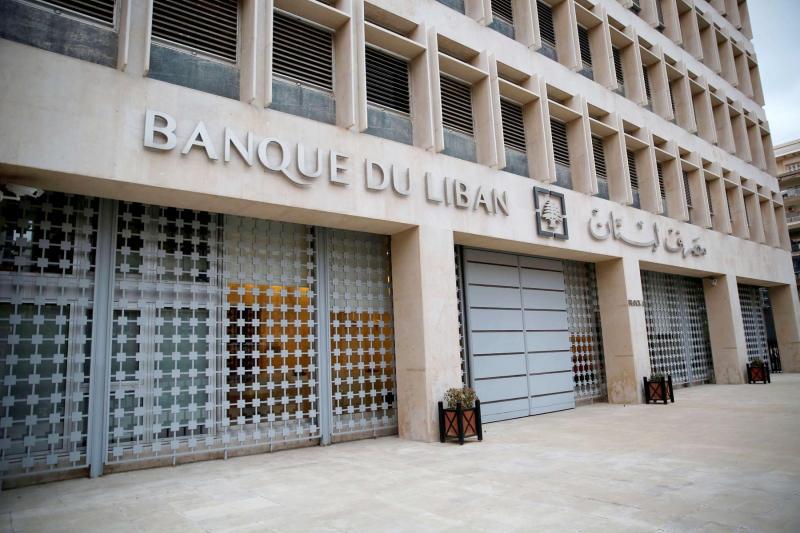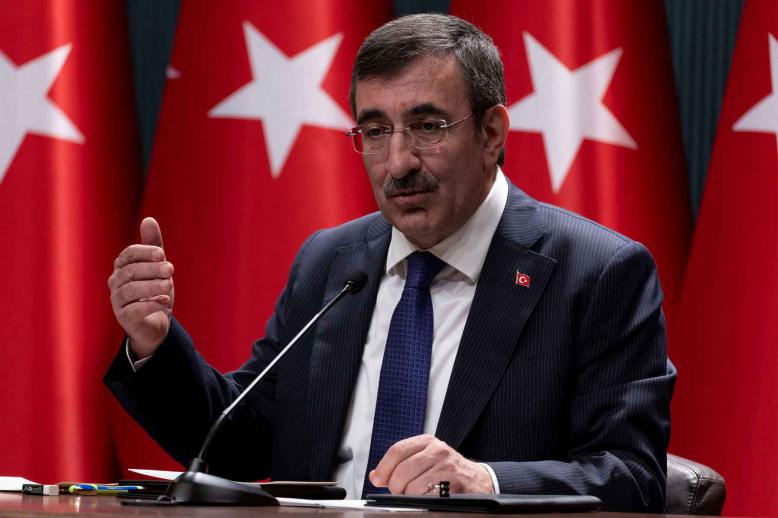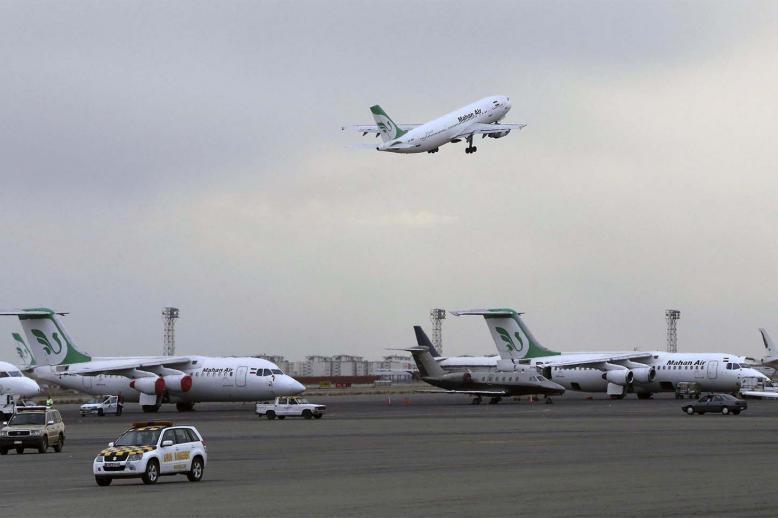Lebanon nearing fiscal crunch
Two decades after then-Prime Minister Rafik Hariri put Lebanon on a path of post-war reconstruction financed by high government borrowing, the country seems to be nearing a fiscal crunch. At $84 billion, the public debt is more than 150% of GDP, the world’s third highest such ratio.
This has been possible because Lebanon’s banks have financed government borrowing. The banks’ vast deposits, mainly from Lebanese abroad, are four times the size of the economy. In past years, politicians suggested economic growth would reduce public debt by swelling GDP and boosting government revenue through a higher tax yield but this year, International Monetary Fund said, growth will be 0.2% after 1% of 2018.
The regional situation is partly responsible. Gulf countries, which, in the 1990s and 2000s, invested in Lebanon and boosted tourism, have partly shunned a country where they say Iranian influence is too strong. While the Lebanese Army, security officers and politicians prevented the 8-year Syrian conflict from spilling over the border, Lebanon faces a prospect of perhaps 1.5 million Syrian refugees settling in while Syria remains in ruins.
As the cabinet met in early May to discuss the budget, Lebanese Finance Minister Ali Hassan Khalil felt compelled to say the country was “definitely not on the brink of bankruptcy. Central Bank Governor Riad Salameh insisted the Lebanese pound would “remain stable.”
Marwan Barakat, chief economist at Banque Audi, identified two “defence lines” — avoiding a run on the pound and the transfer abroad of bank deposits.
“Foreign exchange reserves at the Banque du Liban [the Central Bank] stand at about $38 billion, the equivalent of 76% of the Lebanese pound money supply. Bear in mind that, under previous stress periods, with the assassination of former Prime Minister [Rafik] Hariri in 2005 and the Israeli invasion in 2006, a maximum of 30% of Lebanese pound holdings were converted into foreign currencies,” said Barakat.
“For the second defence line, the primary liquidity of banks in foreign exchange represent circa 39% of their foreign exchange deposits. So, we need to have 39% of depositors leaving Lebanon to have a liquidity issue.”
This would spell serious trouble. Europe is piling on the pressure for curbing the government deficit and easing the debt. Its officials are talking tough on conditions for the $11.6 billion pledged at last year’s Paris donors conference during which Lebanon agreed to reduce its deficit-to-GDP ratio by at least 1% per year over five years.
Recent cabinet meetings focused on cutting spending on government employment, an area of rampant waste. Saad Hariri, who has followed his father both as prime minister and leader of the mainly Sunni Future Movement, warned of “the most austere” budget in Lebanon’s history.
“The proposal revolves around a deficit-to-GDP ratio of 9%, down from above 11%… in 2018,” said Barakat. “Among the main measures suggested by the draft budget law are reducing public sector allowances, putting a ceiling on public-sector benefits… making income taxes more progressive to reach a ceiling of 25% rather than 20% currently, raising the withholding tax on interest from 7% to 10% and cancelling exemptions from custom duties except those subject to international agreements.”
Whatever anecdotes abound on state employees who rarely turn up for work, rumours of cutbacks prompted lively demonstrations by retired army and security officers. Their spokesmen’s complaints over embezzlement tapped a widespread belief that the politicians will be the last to tighten their belts.
In an interview with Al Arabiya, Khalil suggested losses at state-owned Electricite du Liban made up 36% of the “internal deficit” but he gave no hint on how he would reduce it. Large parts of Lebanon, including Beirut’s southern suburbs, a Hezbollah stronghold, pay no electricity bills. Increasing charges for those who do pay would fuel resentment, especially while daily power cuts last at least three hours in Beirut and longer elsewhere.
While Europe offers carrots, the Trump administration is hardly keen on foreign aid either for Lebanon or for Syrian reconstruction. Instead it seems set on an economic squeeze of Iran and its allies, including Hezbollah, which has three government ministers in Lebanon. Hanging over the proceedings is talk of another Israel-Hezbollah war.
Barakat stressed there is “still room for a soft landing in public finance rather than harmful measures, such as devaluation or debt restructuring, that would have long-lasting adverse effects.” In January, the government reassured the banks by stressing its commitment to make all debt and interest repayments on time.
But Hezbollah Secretary-General Hassan Nasrallah on May 2 told the banks they had a “national, moral duty” to “participate in the solution when it comes to debt servicing and reducing interest rates.”
True, government employees might like the idea of banks taking a slice of austerity but those holding deposits in the banks might then conclude their money would be better placed elsewhere.
Gareth Smyth has covered Middle Eastern affairs for 20 years and was chief correspondent for The Financial Times in Iran.
This article was originally published in The Arab Weekly.






